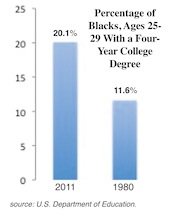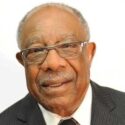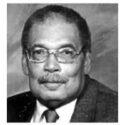 Young African Americans have achieved tremendous progress in educational attainments over the past generation. In 1980, only 76.7 percent of African Americans in the 25- to 29-year-old age bracket had a high school diploma. Today the figure is 88.1 percent.
Young African Americans have achieved tremendous progress in educational attainments over the past generation. In 1980, only 76.7 percent of African Americans in the 25- to 29-year-old age bracket had a high school diploma. Today the figure is 88.1 percent.
In 1980, less than one third of all Blacks, ages 25 to 29, had some college experience. Today, nearly 55 percent of African Americans in that age group have attended college.
Thirty-years ago, 11.6 percent of young black adults had graduated from a four-year college. Today the figure is 20.1 percent.
Great progress has been achieved by young African Americans in master’s degree attainments in just the past 15 years. In 1995, only 1.8 percent of Blacks ages 25-29 had a master’s degree. In 2010, 4.7 percent of young Black adults had a master’s degree.











